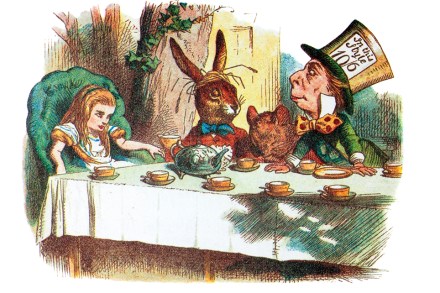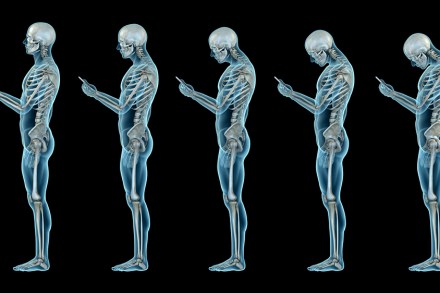Why does Elon Musk see legacies as leftovers?
‘Is this legacy beetroot?’ asked my husband, poking a yellowish slice on his plate in a restaurant. He meant heritage beetroot, a ludicrous enough phrase. But legacy has been extending the hedges round its semantic field, so his question may sound normal in a few years’ time. A report in the Telegraph the other day referred to apprentice stonemasons as entering a legacy trade. This edges into the territory of heritage. Historic England is the government’s statutory adviser on the landscape and built heritage. From 1984 to 2015 it operated as English Heritage. But English Heritage remains as a charity that looks after national monuments, such as Stonehenge. Perhaps Historic




















